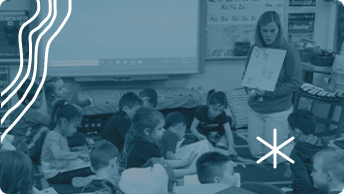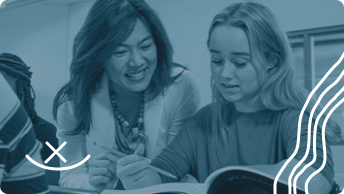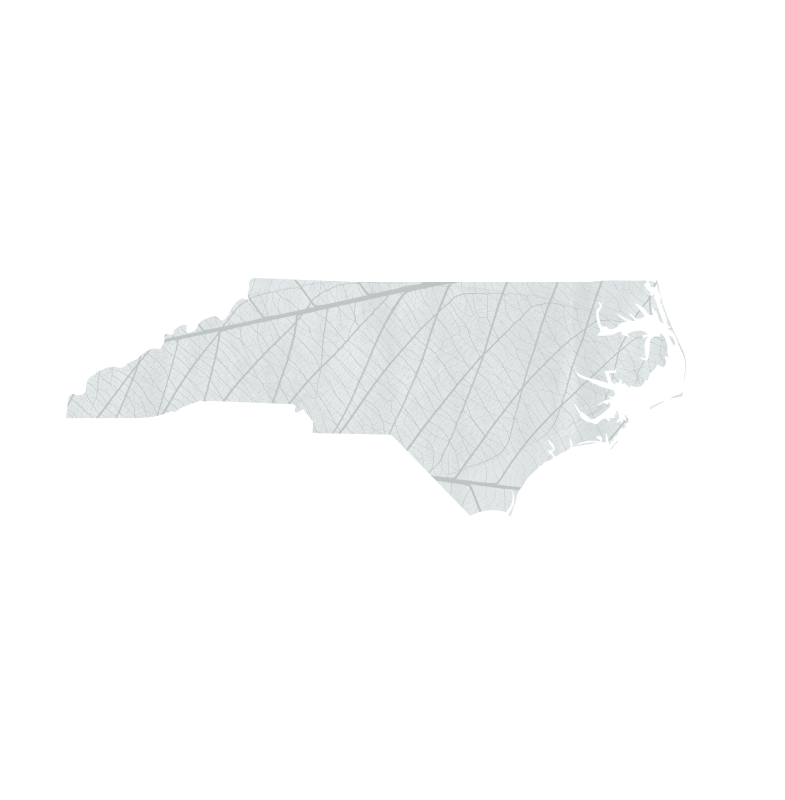
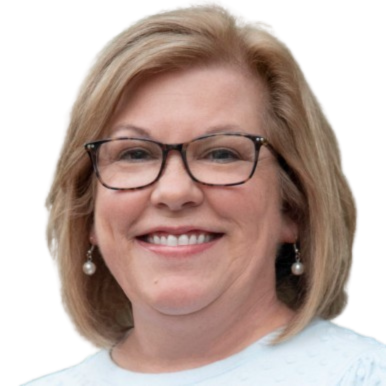
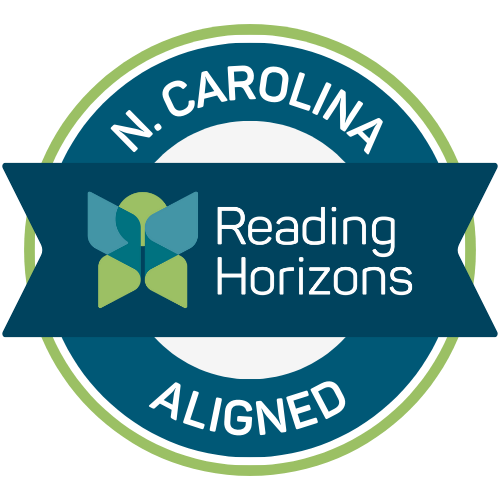
What's Happening in North Carolina?
See the Latest Literacy News

Pitt County
On May 23, 2024, Pitt County Schools and Reading Horizons celebrated student Lexile gains of 204L.
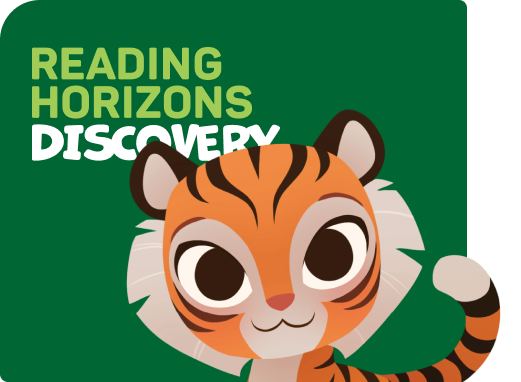
Northampton County
Northampton County Schools chooses Reading Horizons to empower educators and improve student reading outcomes.
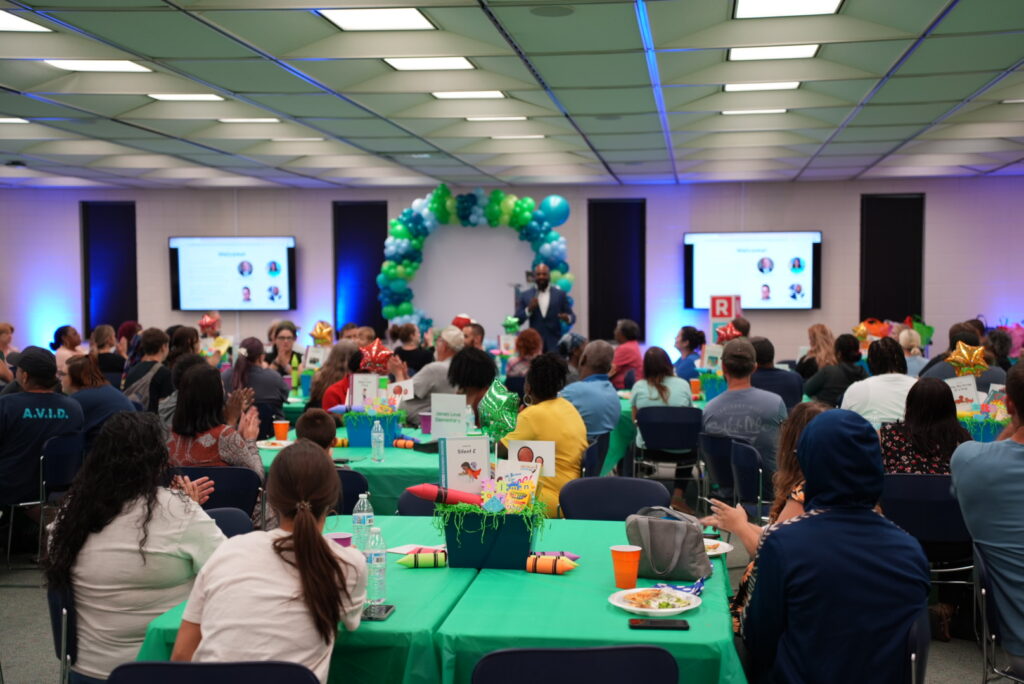
Cleveland County
"Ready to Read Family Night" empowered kindergarten families with simple ways to help their children practice reading at home.
Start Improving K–3 Reading Scores Today!
Discover six evidence-based strategies to elevate K–3 reading scores. This eBook offers practical tips to help all students, including those with dyslexia or learning English as a second language, achieve reading success.
Give Me Access!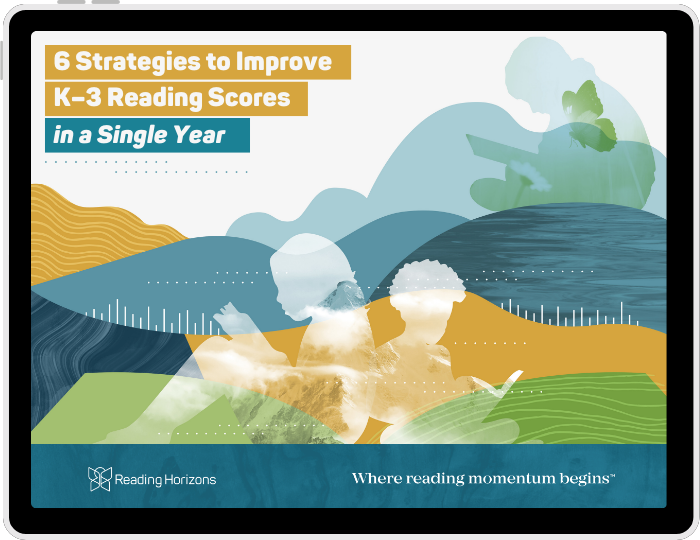
Free Resources
Hand-Picked for North Carolina Admins and Educators


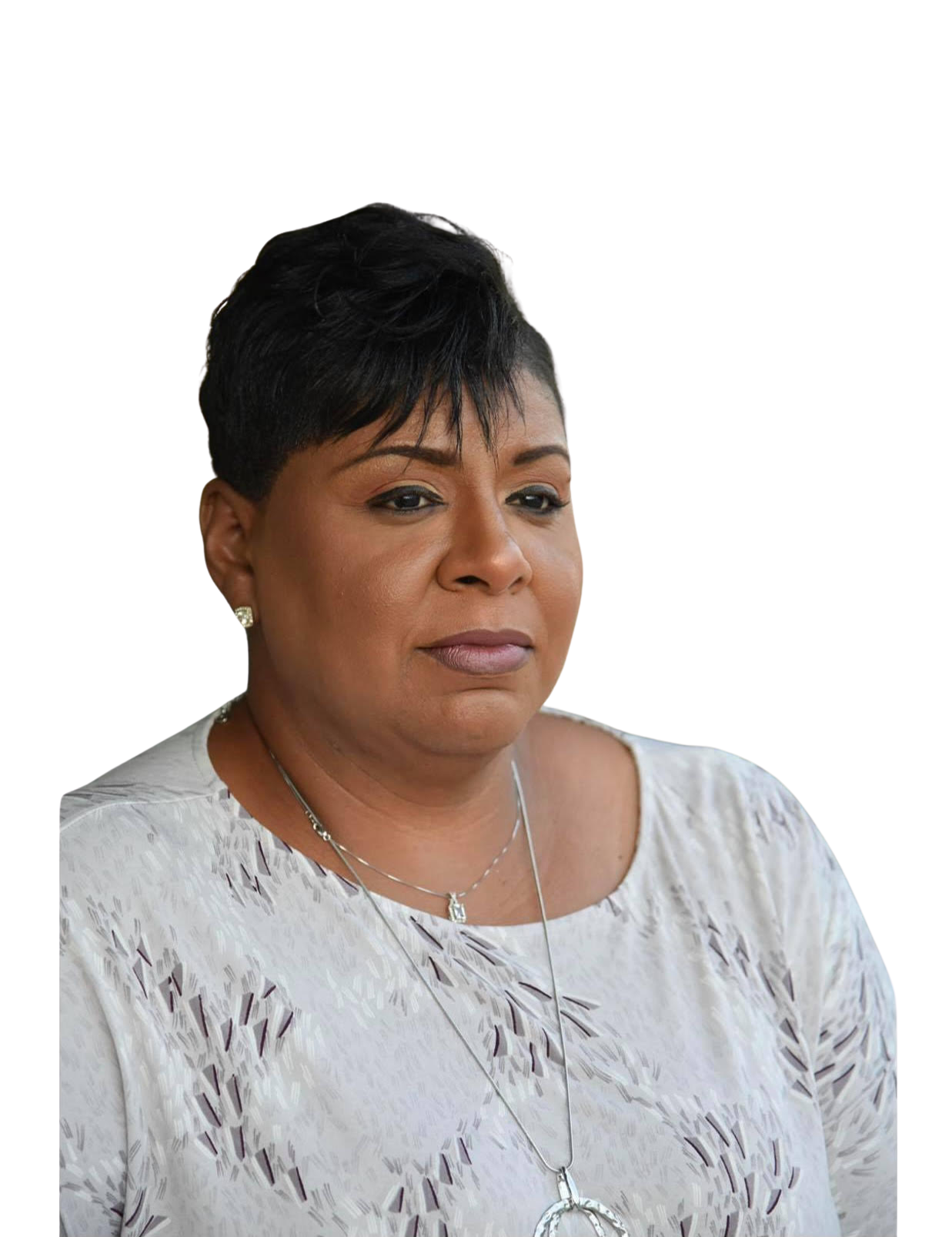
In North Carolina, Reading Horizons supports:
18
Districts
256
Schools
144,076
Students
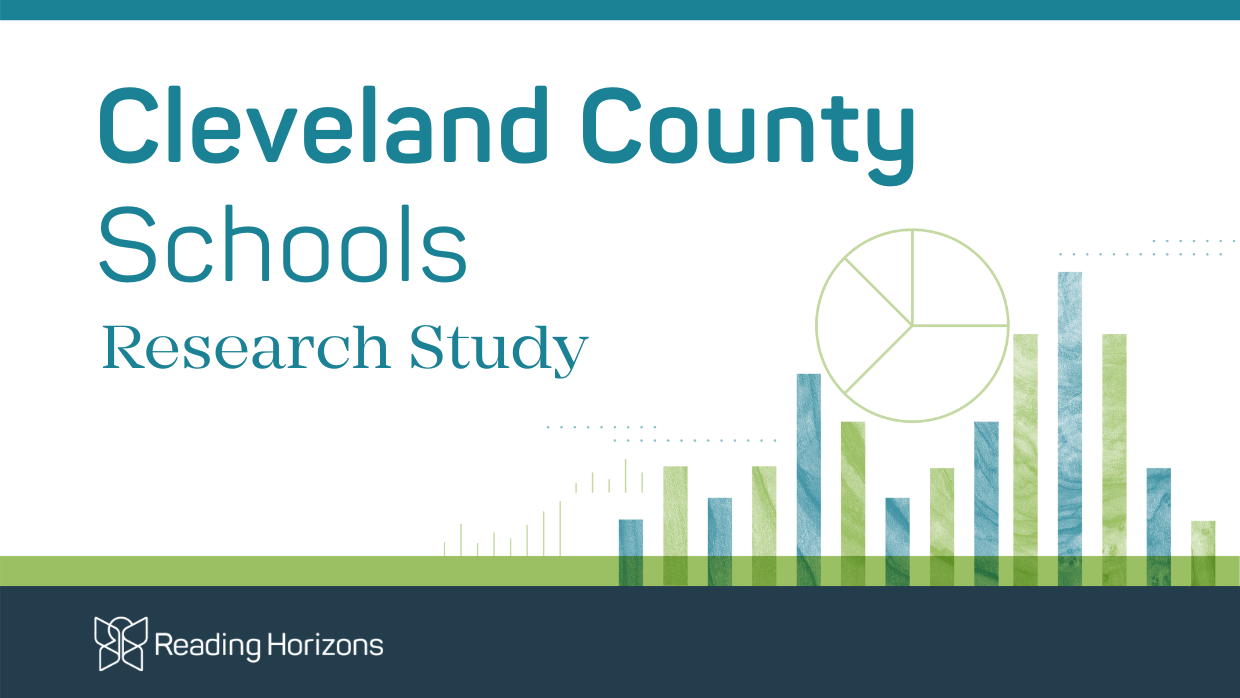
Foundational Literacy Solutions for Every North Carolina Student
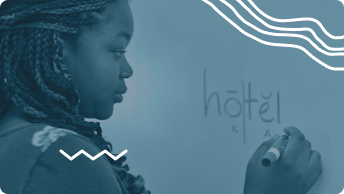
Individualized
Targeted approach for diverse learning groups.
